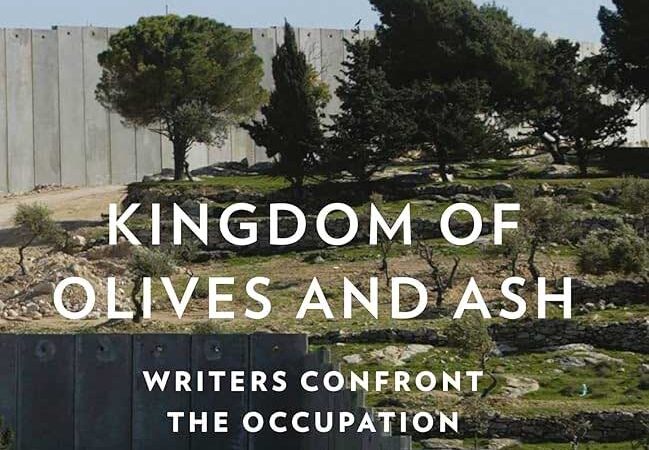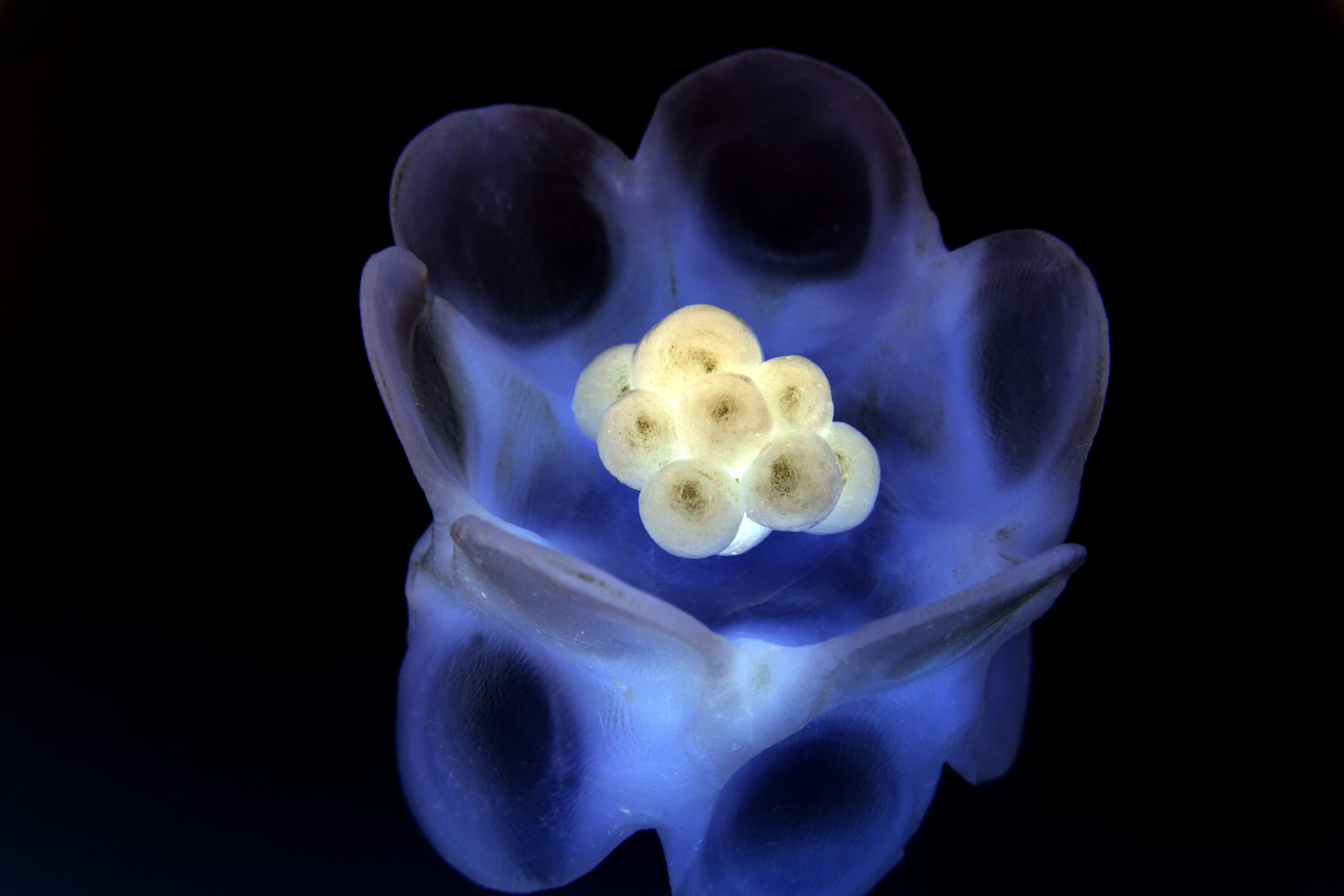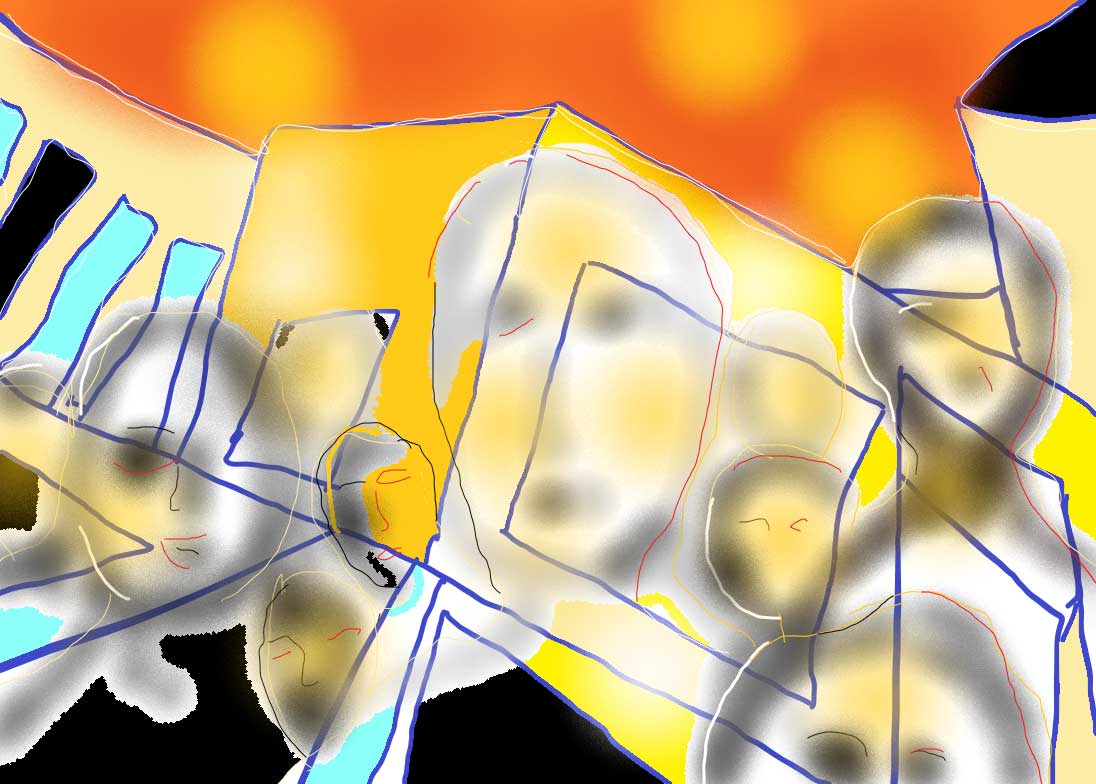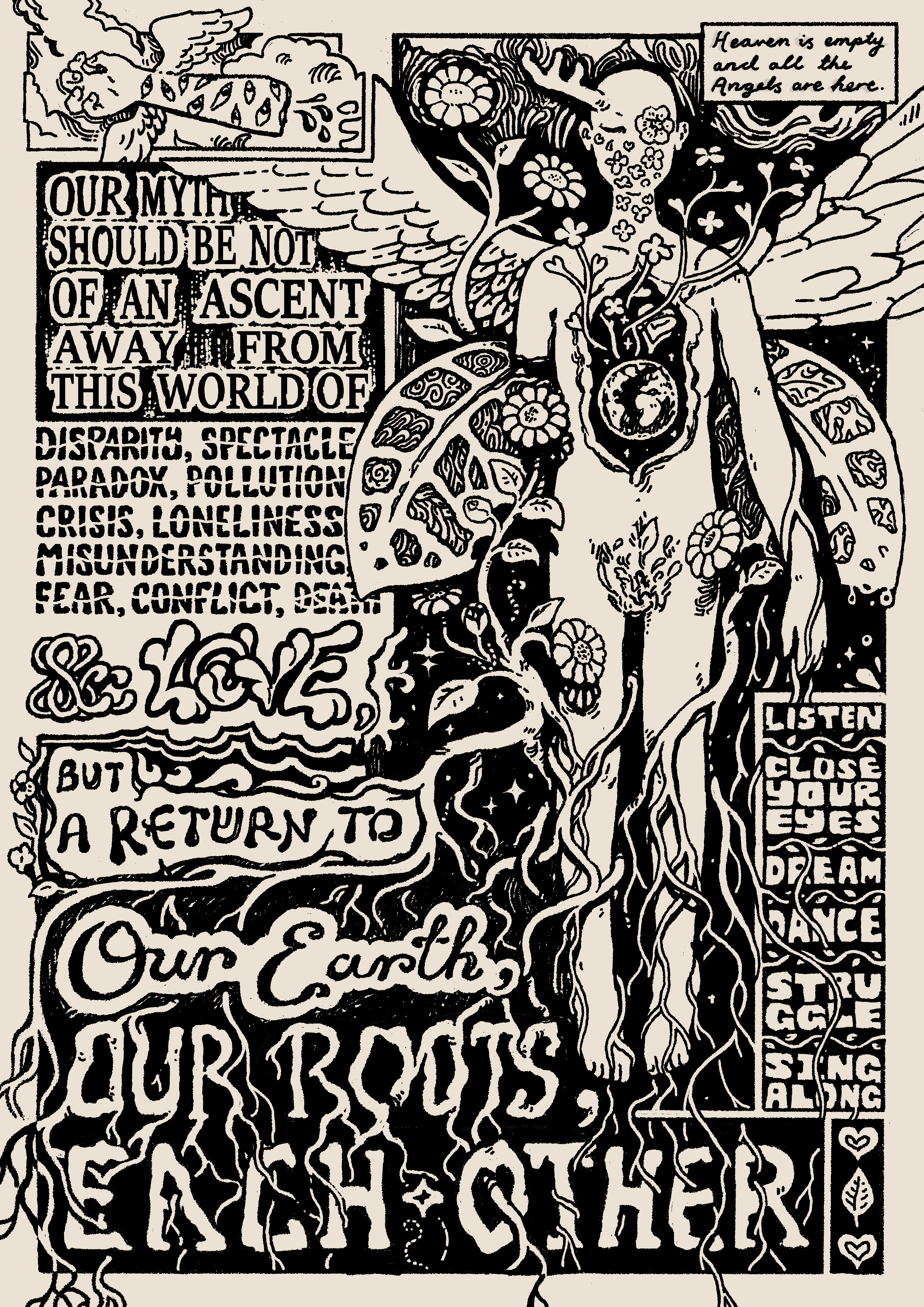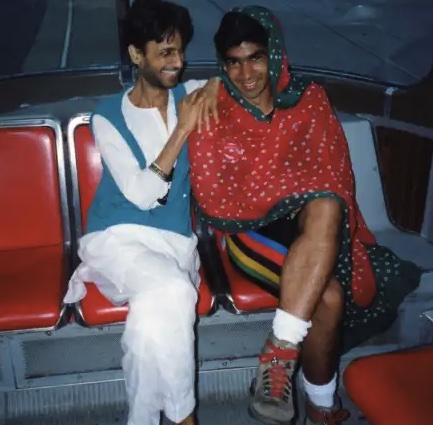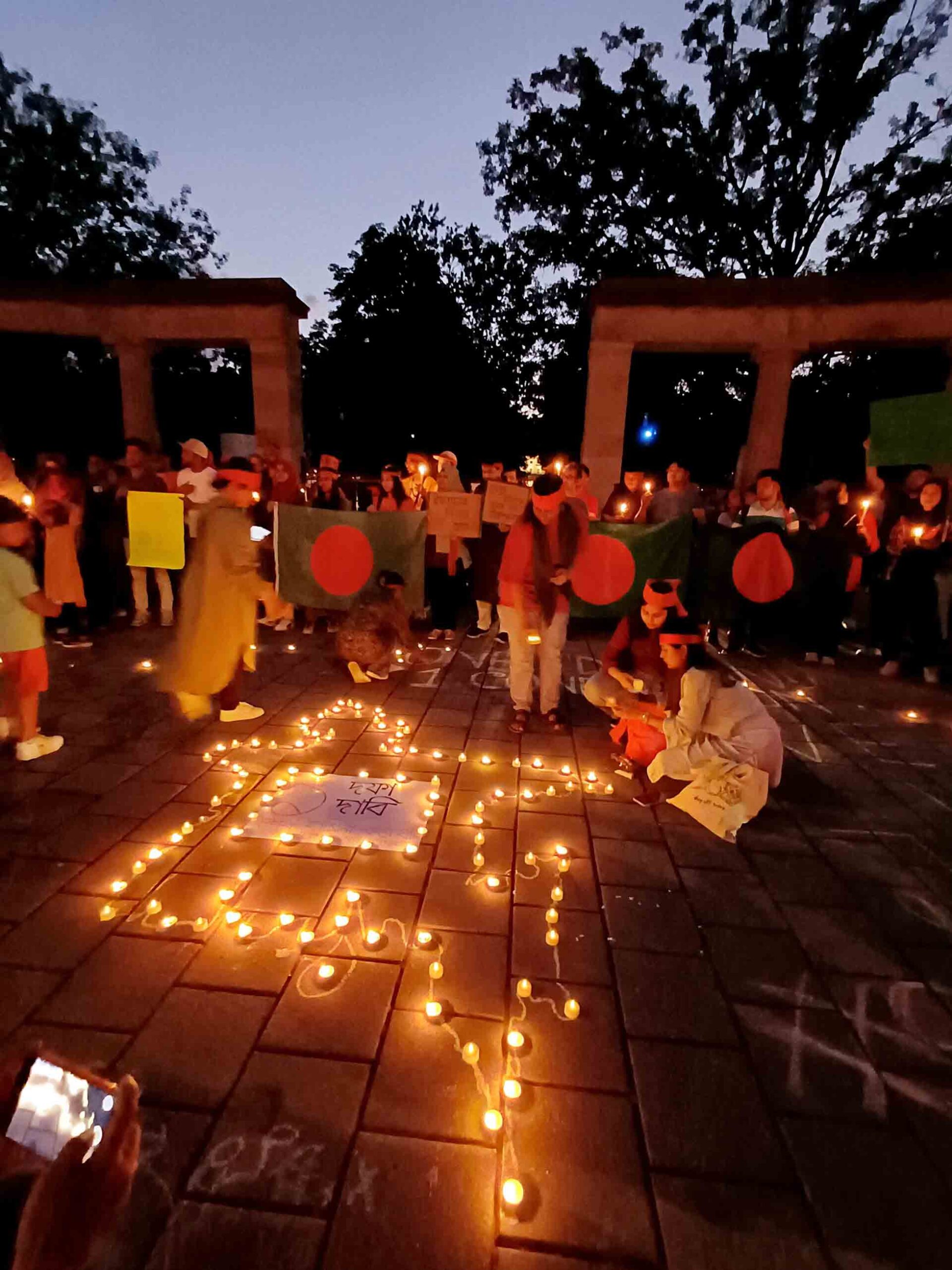Taking Root. The vision of Wangari Maathai. Documentary. DVD 2008, Mongrel Media.
Taking Root is the story of Wangari Maathai’s life-long journey as a child in her native village in Kenya all the way to Oslo where in 2004, at 63, she received the Nobel Peace Prize. She was the first African woman and the first environmentalist to be accorded this honour. She was also perhaps the first Nobel laureate who unequivocally demonstrated that environmental rights are synonymous with human rights and that women are uniquely positioned to understand this simple truth.
The movie opens up with a young girl playing in a stream gushing under an old fig tree, “the tree of god” as Wangari’s grandmother called it. That child was encouraged by her brother to go to school where she learned the magic of information written on a slate. As a teenager she studied in a convent with nuns whose notion of service to others inspired her further. Later on, as a recipient of a Kennedy scholarship, she studied in the United States during the Civil Rights movement, which convinced her that her mission in life was to help her country. Upon her return, she revisited “the tree of god” of her childhood. It had disappeared, as had the stream and the lush forests surrounding it, all of them victims to deforestation for the benefit of cash crops like coffee and tea. Wangari notes wryly that the holy mountain, the origin of fog, rain, cool breezes and home to a biodiverse world, had been replaced as the abode of god by a church built at its foothills.
It did not take long for Dr. Wangari Maathai, the scientist, to see the connection between deforestation and the pauperization of rural Kenya. When women no longer had firewood –nor the ingredients- to cook labour-intensive but nutritious meals, they started cooking refined foods which led to malnutrition and disease. This inspired her to create the green belt movement in 1972 to teach women how to plant trees. Instead of being given seeds – thus avoiding dependency- the women were encouraged to scrounge for seeds from the ground and to develop nurseries. They were then moderately paid for the trees that thrived but were also taught how to return to subsistence agriculture. Having the women do it was already an innovation that defied the tradition that only men could plant trees. This woman-centered approach led to the ultimate planting of 35 million trees!
The documentary’s archival footage contains some historical images of the disdainful attitude of colonial authorities towards the African population. It also traces the links between deforestation and a plantation economy that not only destroyed the environment but the livelihood of the locals as well. Wangari Maathai wisely reminds the viewers that “culture is coded wisdom” and when the social fabric was destroyed, so was the oral culture that was necessary to transmit survival skills.
The Mau Mau movement in the 50’s was at its height when Wangari was studying in a convent so she was relatively shielded from it, but her mother and other relatives suffered the effects of this initial struggle for land freedom in Kenya. 100,000 Kenyans were savagely killed by British authorities who only lost 100 persons. This colonial regime was ultimately replaced by two national regimes which continued to turn communal land into public property at the expense of the environment and the people. Corruption and the support of foreign powers kept them alive. However, the powers that be started feeling threatened by “that crazy woman” who saved parks and organized the people. The hunger strike she organized for the release of political prisoners resulted in an 11-month standoff in a church basement, forcing the government to give in. However, some of the released prisoners were later killed in extra-judicial executions. In the process, the police beat her up into a coma. But there was no stopping what she had started. The green movement had acquired the momentum of a full-fledged civil rights struggle which toppled the dictatorial regime of Daniel Arap Moi in 2002. Wangari Maathai was then elected Member of Parliament with 98 % of the votes and went on to become Assistant Minister for the Environment and Natural Resources.
Wangari Maathai believes that if you know the truth and stand by it, you can change the course of events. Or as one of the village women put it: “ the little little grassroots people, they can change the world”.

